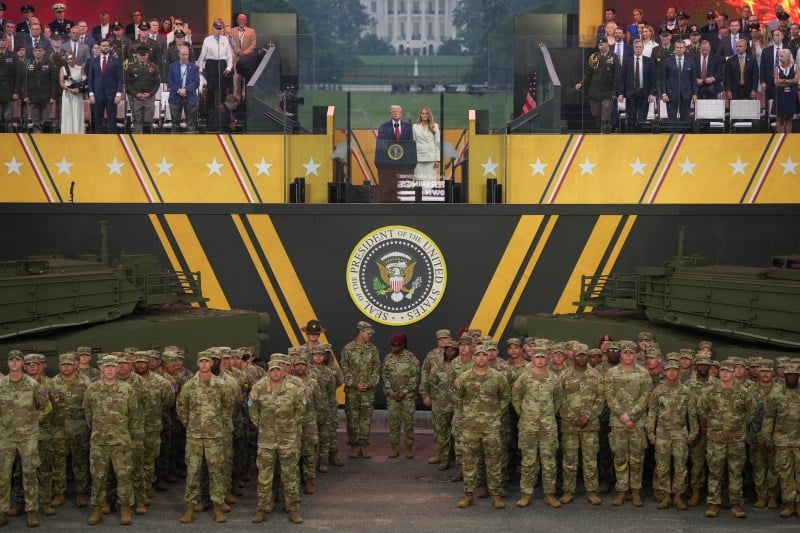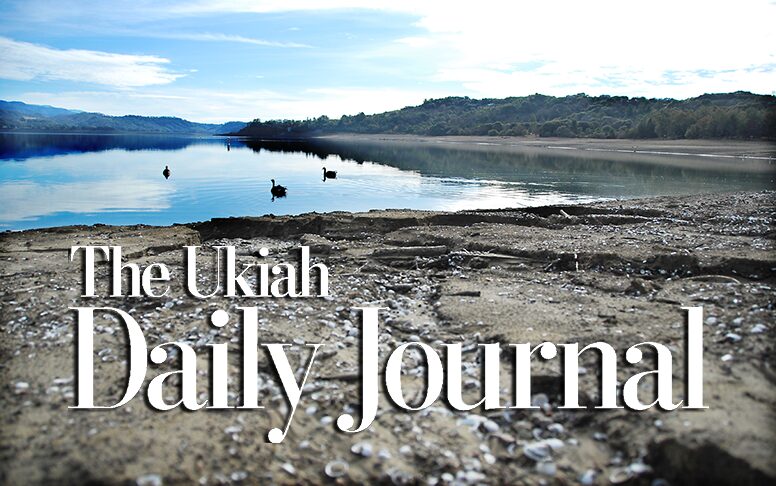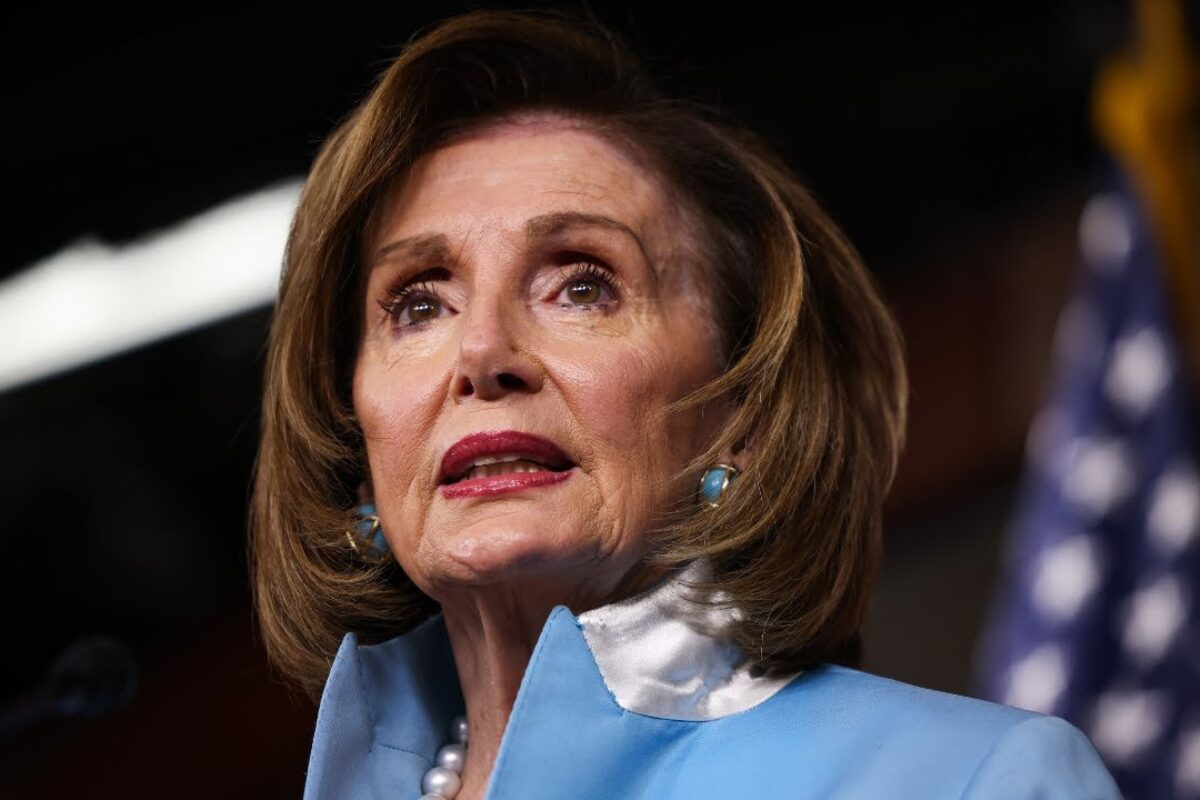On Veterans Day, the focus shifts to the evolving role of the military in American society, particularly under the influence of the current administration. The policies of former President Donald Trump and Secretary of Defense Pete Hegseth have raised concerns regarding the integrity and professionalism of the armed forces. Critics argue that these actions threaten to compromise the military’s competence and long-standing tradition of political neutrality.
Recent reporting by the New York Times has highlighted Hegseth’s efforts to remove senior officers from the military for reasons that appear to be tied to their gender, race, or perceived political views. Notably, four senior officers have faced delayed or canceled promotions, seemingly due to their associations with Mark Milley, the former chair of the Joint Chiefs of Staff, who has come under fire from Trump. Such moves suggest a troubling shift in priorities where loyalty supersedes merit in military leadership.
The Risks of Political Interference in the Military
The implications of Hegseth’s actions extend beyond individual promotions; they raise significant concerns about the overall effectiveness and readiness of the military. Samuel P. Huntington, in his seminal work The Soldier and the State, argued that a professional military, sworn to uphold the Constitution and focused on military arts rather than politics, is essential for safeguarding democracy. Huntington posited that a professional military serves as a bulwark against potential coups or authoritarian overreach.
Conversely, Caitlin Talmadge’s analysis in The Dictator’s Army illustrates how authoritarian regimes often compromise military effectiveness by prioritizing loyalty over competence. This pattern of leadership selection can lead to a military that is ill-prepared for external threats. Dictators, focused on internal security, tend to weaken their armed forces by fostering division and restricting information flow.
The consequences of Hegseth’s approach may mirror these historical findings. By prioritizing loyalty to the administration over professional qualifications, the military risks being led by individuals who may not possess the necessary skills or experience, undermining operational effectiveness.
Potential Consequences for Military Readiness
As the military increasingly engages in domestic missions, such as patrolling urban areas, the potential for a decline in combat readiness becomes evident. These missions detract from the military’s primary purpose of defending against external threats. With resources diverted toward unnecessary domestic operations, the armed forces may find themselves ill-equipped to respond to genuine challenges.
The trend of politicizing military leadership could also dissuade talented officers from serving. An environment where promotions are based on allegiance rather than capability may drive away those who value professionalism and integrity. This shift could lead to a more partisan officer corps, further complicating the military’s ability to function effectively.
Despite the calls for accountability following the military’s recent challenges in Iraq and Afghanistan, Hegseth’s actions appear more focused on ideological alignment than genuine improvement. While it is true that the U.S. military has faced setbacks, particularly in complex nation-building missions, the root causes of these failures are often tied to unrealistic civilian expectations rather than the competence of military leaders.
As Veterans Day prompts reflection on the contributions of those who serve, it is critical to consider the implications of current political dynamics on military professionalism. The historical legacy of American military service is one of honor and dedication, but the potential erosion of these principles poses a threat to the freedoms and democratic values that the military is sworn to protect.
In a climate where military leaders may be dismissed for failing to align with a specific political agenda, the integrity of the armed forces is in jeopardy. Ensuring that the military remains insulated from partisan politics is vital for maintaining its effectiveness and the trust of the American public. The potential decline of a once-proud military tradition is a concern that warrants serious attention, particularly on a day dedicated to honoring those who have served.







